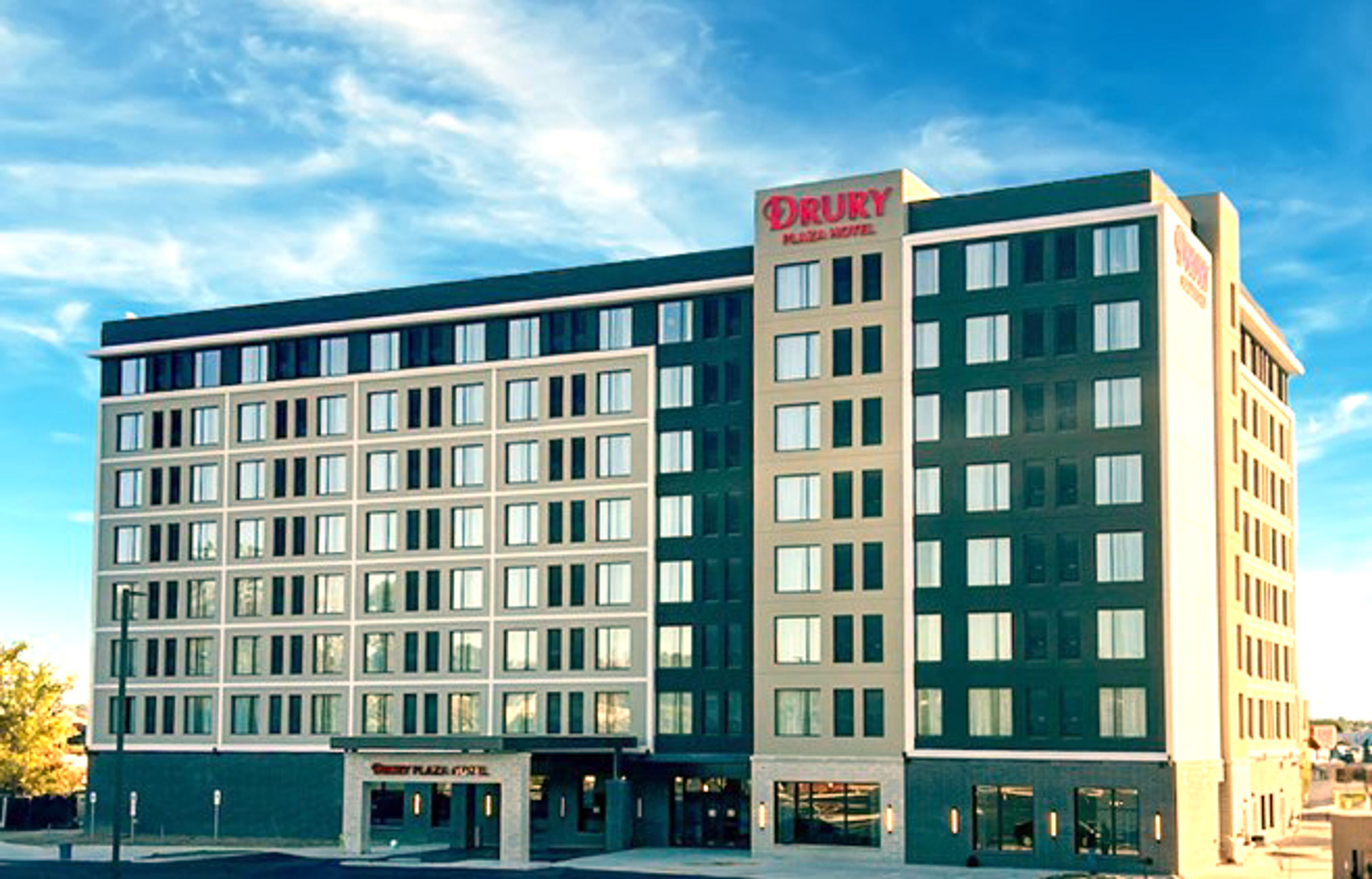Ford posts $14.6 billion loss for 2008, still won't seek aid
DEARBORN, Mich. -- After the worst annual loss in its 105-year history, Ford Motor Co. still doesn't plan to seek government aid, but it's borrowing more money and hinting at further restructuring to brace for a tough 2009 and any surprises from the unpredictable economy...
DEARBORN, Mich. -- After the worst annual loss in its 105-year history, Ford Motor Co. still doesn't plan to seek government aid, but it's borrowing more money and hinting at further restructuring to brace for a tough 2009 and any surprises from the unpredictable economy.
The second-largest U.S.-based automaker on Thursday reported a $14.6 billion net loss for 2008, beating its old record of $12.6 billion set two years earlier. Ford lost $5.9 billion in the fourth quarter, but more importantly it spent $5.5 billion more than it took in, dropping its cash reserves to $13.4 billion at year's end.
The company, like other automakers, predicted a slow start to the year with a small recovery in the second half aided by government stimulus packages. But Ford is behaving like it's expecting things to get worse. The company told lenders Thursday that it wants to borrow the remaining $10.1 billion of its secured credit line. The money is to arrive Tuesday, but Ford executives said they don't plan to use it for operating expenses.
"We took this action because of our concerns about the growing instability of the capital markets," chief executive Alan Mulally said on a conference call with reporters and industry analysts. "The worldwide economic slowdown, driven by tight credit markets and weak consumer confidence, has shaken the foundation of even the strongest companies in the automotive sector and other industries."
Ford said its financing arm would cut about 20 percent of its work force, or 1,200 full-time and contract jobs, as it deals with a smaller U.S. market.
The Dearborn-based company also reduced its forecast for industrywide U.S. sales this year from 12.5 million to a range between 11.5 million and 12.5 million.
"It's very volatile," chief financial officer Lewis Booth said. "We don't just know whereabouts in that range it will be."
After cutting costs by $4.4 billion in 2008, the executives predicted another $4 billion in savings this year, with part of that coming from other restructuring efforts that Ford declined to specify.
To improve its liquidity, Ford also took $2 billion set to go into a union-administered health care trust fund and converted it into a note payable at the end of 2009. As a result, the company has about $25.5 billion in liquidity available.
But if Ford continues to burn cash at the pace it did in the fourth quarter, it could reach $10 billion, the minimum amount required to operate the company, in about eight months.
Yet Booth and Mulally said with the cost cuts and a small sales increase in the second half of the year, they expect the cash burn to decrease substantially, and they don't expect to need government loans. The fourth-quarter cash burn dropped from $7.7 billion in the third quarter.
"It's not our plan at all to access the government money," Mulally said Thursday.
Last month, the Treasury Department agreed to lend $13.4 billion to General Motors Corp. and $4 billion to Chrysler LLC, saving Ford's U.S.-based competitors from bankruptcy.
For Ford to need such help, the economy would have to worsen significantly or there would have to be a major event such as the bankruptcy of a competitor, Mulally said.
Ford said it lost $2.46 per share in the three months ended Dec. 31, compared with a loss of $2.8 billion, or $1.33 per share, for the year-ago period.
Revenue fell 36 percent to $29.2 billion from $45.5 billion in the fourth quarter of 2007.
The results missed Wall Street's expectations. Excluding $1.4 billion in special items, the company reported a $1.37 per share loss for the quarter. Analysts polled by Thomson Reuters expected a fourth-quarter loss of $1.30 per share on revenue of $27.1 billion.
Ford shares fell 8 cents, or 3.9 percent, to $1.95 Thursday.
The company also announced that the United Auto Workers union agreed to end the "jobs bank" in which laid-off workers get most of their pay. The effective date is still being negotiated.
Chrysler ended its jobs bank Monday, and GM has said its will end next week. Workers, though, will continue to be paid much of their wages because the companies will supplement state unemployment benefits for up to 48 weeks.
Ford also said it would not come to the aid of struggling parts supplier Visteon Corp., which it spun off in 2000.
Ford's 2008 loss of $14.6 billion compares with a loss of $2.7 billion in 2007.
Booth said Ford still is on track to break even or make money in 2011, but the company expects its sales to fall more than 10 percent in 2009.
Vehicle sales in the U.S. are at their lowest levels in 26 years as consumers face tight credit markets and economic uncertainty. Ford's U.S. sales plunged 20.5 percent in 2008.
The poor sales market pulled down revenue at AutoNation Inc., the nation's largest auto retailer. Yet the Fort Lauderdale, Fla.-based company said Thursday its fourth-quarter profit rose 30 percent to $67.1 million because of a tax adjustment and the buyback of some debt.
At Ford, Mulally said the company is positioned well if the recovery starts as expected, largely because Ford is starting to build products globally and will bring small cars to the U.S. from Europe next year.
"Despite the financial crisis, our plan to invest in new smaller fuel-efficient vehicles and achieve a more balanced global product portfolio remains intact," he said. "Our pipeline is full."
Connect with the Southeast Missourian Newsroom:
For corrections to this story or other insights for the editor, click here. To submit a letter to the editor, click here. To learn about the Southeast Missourian’s AI Policy, click here.






